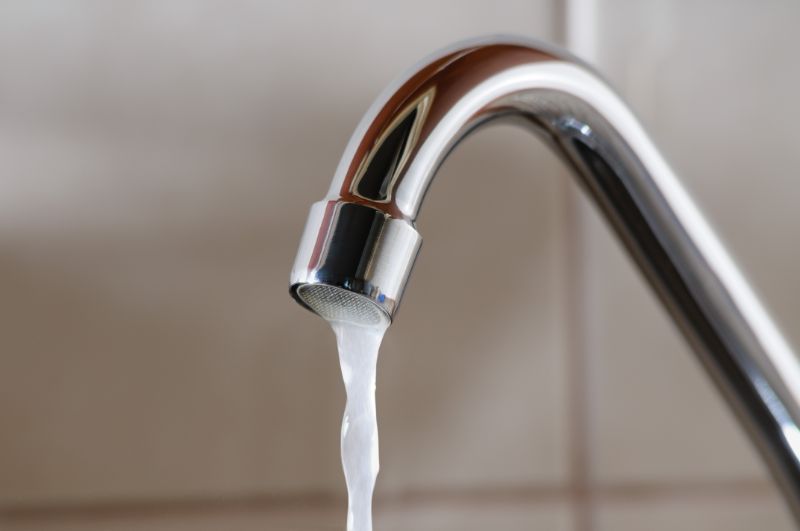How Does Water Filtration Remove Pesticides and Herbicides From Water?
Pesticides and herbicides have long been used by farmers to keep insects, rodents, weeds, and other pests at bay. These chemicals are incredibly dangerous and can easily be absorbed into your body by drinking water that has been treated with them.
(Looking for “Comprehensive Water Treatment“? Contact us today!)

In many parts of the country, farmers use a huge range of chemicals to grow crops and produce fresh food. These chemicals kill unwanted organisms, prevent weeds from growing, and keep the soil fertilized to increase crop yields and make them more dependable.
Unfortunately, these chemicals can also contaminate your drinking water when they soak into the ground during rain or other forms of precipitation. Once the chemical residues soak into the soil, they travel down through cracks and other pathways in the soil until they reach underground water-bearing aquifers.
The most obvious way that pesticides and herbicides get into our water is through agricultural activities. During harvest, farmers spray pesticides and herbicides on crops to control insect populations and prevent weeds from taking over the farm.
Other types of contamination can enter your water from industrial and commercial waste, including fertilizers that are often used to increase the yield of the crops grown on a given land area. Those types of chemicals can be harmful and should not be allowed in the water supply, as they cause huge algal blooms in rivers that can harm the health of fish and aquatic life.
There are a number of ways that pesticides and herbicides can be removed from your water. One method is through the use of carbon. This material is a great way to remove chemical impurities from your water because it has a jam-packed surface with nooks and crannies that are designed to catch and trap these substances.
Another method is to use a reverse osmosis filter system. This type of water filtration system works by forcing a semipermeable membrane through your water and removing most contaminants that are found in your tap water.
Some of the most common contaminants that are filtered out of your water include chlorine taste and odor, heavy metals, radon, lead, and asbestos. In addition, certain filters can reduce limescale which can build up in your pipes and damage your appliances.
In the end, a well-chosen water filter can help you enjoy healthy, clean and safe drinking water at home, school or at work. These filtration systems have a variety of ways to remove different kinds of contaminants, so it’s important to do some research and choose the right one for your unique situation.
The right type of water filter will depend on what contaminants are present in your tap water and what you want to do with it once it is filtered. It will also depend on the type of water you are using, whether it is a drinking, cooking, or cleaning water source.
There are a wide range of filtration options available, so you should be able to find one that will meet your needs and fit your budget. The best way to choose the right filter is to find one that will be able to remove all the contaminants you need it to, so you can drink safe and healthy water.

